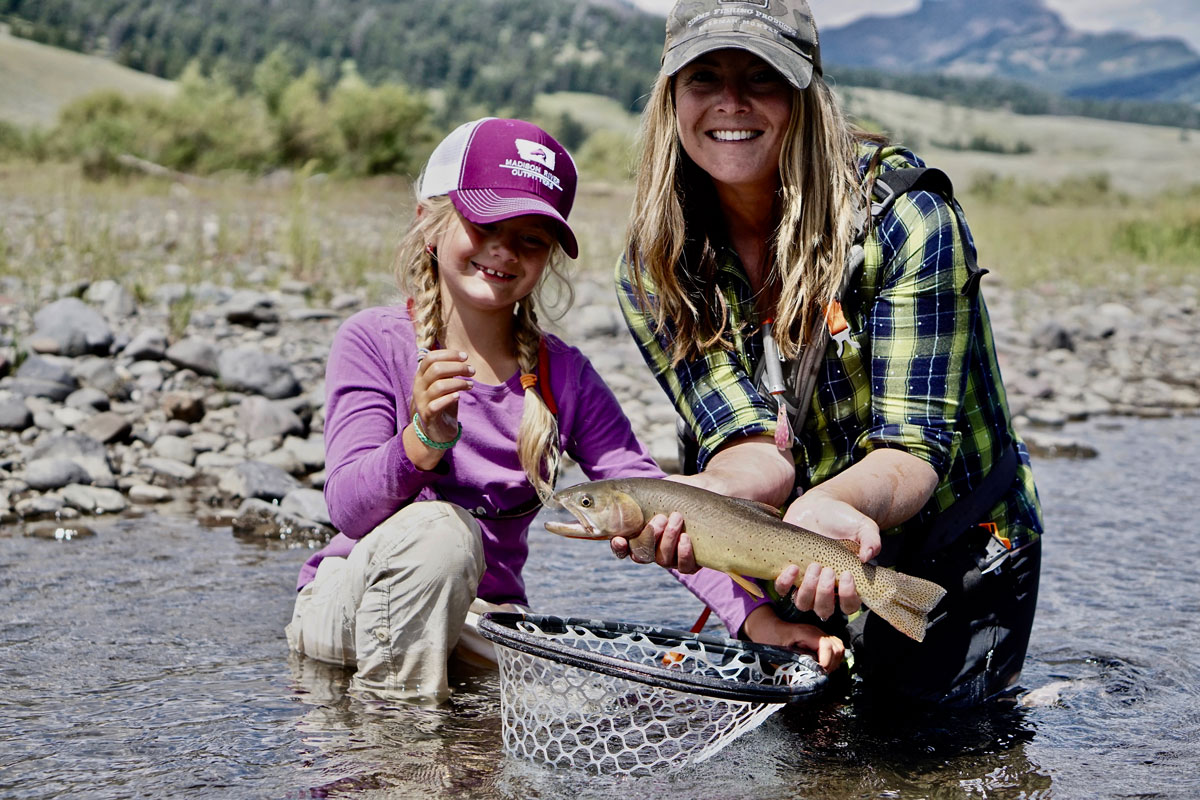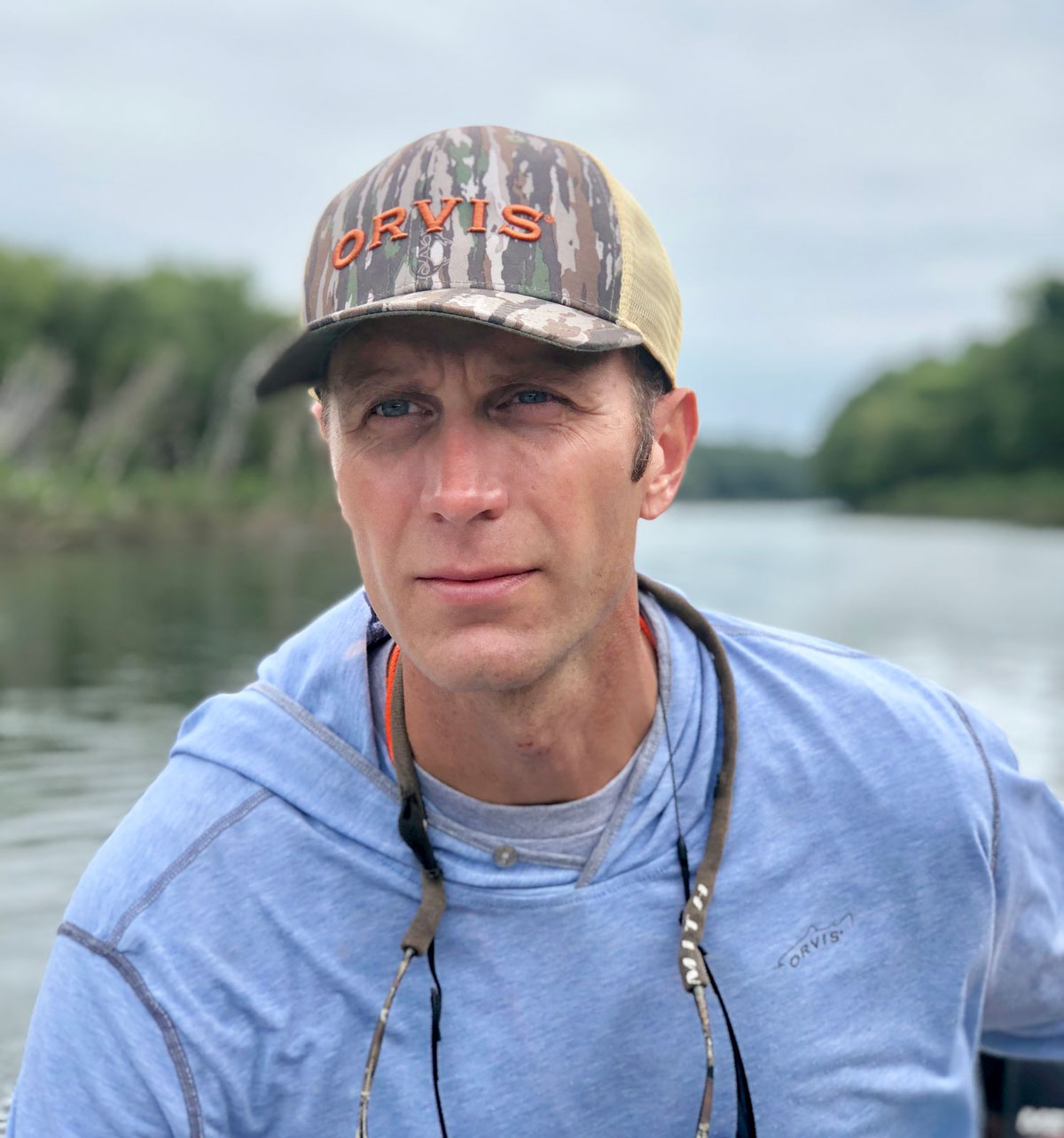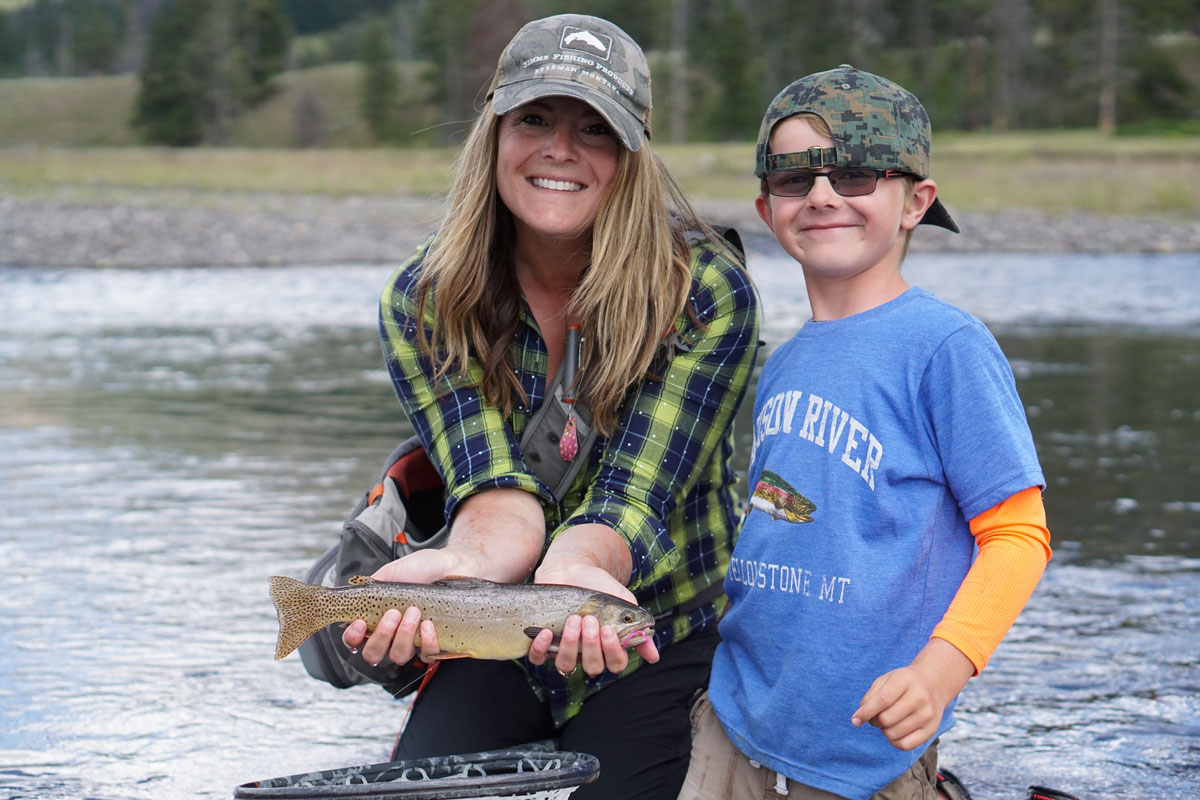Public land partners call for swift passage of legislation to fully fund access and conservation program
A group of bipartisan House lawmakers have introduced a bipartisan bill (H.R. 3195) to fully and permanently fund the Land and Water Conservation Fund and invest in sportsmen’s access.
Public lands advocates have been calling for this permanent investment in the successful outdoor recreation access program for several years now, with ramped up support for this needed fix since Congress permanently reauthorized LWCF in March 2019.
“Securing permanent authorization for LWCF was a significant milestone, but it means very little without predictable, robust funding to unlock inaccessible public lands and create new outdoor recreation opportunities all across the country,” says Whit Fosburgh, president and CEO of the Theodore Roosevelt Conservation Partnership. “We’re grateful to see lawmakers respond to this fact and remain committed to the success of this important program.”
U.S. Representatives Jeff Van Drew (D-N.J.) and Brian Fitzpatrick (R-Pa.) introduced the bipartisan legislation, which directs $900 million annually to the LWCF trust fund account. The bill also has support from House Natural Resources Committee Chairman Raúl Grijalva (D-Ariz.) and the five Natural Resource Subcommittee Chairs.
When the LWCF was created, Congress intended for the full $900 million, underwritten by a small portion of annual offshore oil and gas lease revenues, to be used for conservation projects each year. However, only about half of those funds are, in fact, allocated to conservation efforts annually. To date, more than $20 billion in potential LWCF funds have been diverted elsewhere. This legislation would ensure $900 million in funding is directed annually to the LWCF account and expended only for projects benefitting conservation, outdoor recreation and access as Congress originally intended for the program.
Over its 50-year history, LWCF has expanded access in every state and supported over 41,000 state and local park projects.
According to a report from TRCP and onX, 9.52 million acres of federal public land remain inaccessible. This legislation will help open access to these landlocked parcels.
“H.R. 3195 and Senate version S. 1081 are the final pieces we need to fulfill our conservation community’s agenda to permanently authorize LWCF with dedicated and full funding,” said Howard K. Vincent, president and CEO of Pheasants Forever and Quail Forever. “We are grateful to both the House and Senate members that support this effort. If enacted, LWCF will continue to ensure a legacy of access and quality habitat for generations.”
“If you have spent time outdoors at a fishing access site, state park, public lands or local open space, there’s a good chance that you’ve directly benefitted from the Land and Water Conservation Fund,” said Corey Fisher, public land policy director for Trout Unlimited. “But to reach its full potential, LWCF needs full, dedicated funding. We thank our tireless champions in Congress for their work to fulfill the LWCF promise to the American people and ensure that this program continues to sustain our outdoor traditions.”
“The Conservation Fund applauds Congressman Van Drew and his bipartisan colleagues for introducing this bill to ensure full and permanent funding for the Land and Water Conservation Fund,” said Larry Selzer, president and CEO of The Conservation Fund. “The LWCF is a tremendously successful program that provides unmatched economic, environmental, social, cultural and historical value to Americans. It is also an important tool for reducing the threat of wildfire, supporting local economies, and improving the management of our public lands. While Congress recently enacted permanent authorization of the program, LWCF cannot fully function without full and permanent funding to benefit America’s communities, the environment and the economy for generations to come.”
“There is broad agreement regarding the benefits of LWCF, and on the need for permanent reauthorization, with full, dedicated annual funding,” says Brent Rudolph, chief conservation and legislative officer with the Ruffed Grouse Society and American Woodcock Society. “Sportsmen and women across the nation depend on the access and habitat benefits from this critical program, and we simply cannot wait any longer for Congress to come together and get this done.”
“Land and Water Conservation Fund (LWCF) projects have protected and expanded recreation access for all activities across the country,” said Jessica Wahl, executive director of the Outdoor Recreation Roundtable. “Mandatory funding for the LWCF will unleash the program’s true potential – ensuring local communities and economies that depend on sustainable outdoor recreation will continue to flourish – and we stand ready to work with Congress to get this critical measure across the finish line.”
“We applaud the bipartisan leadership from Reps. Jefferson Van Drew (D-NJ), Brian Fitzpatrick (R-PA), Raul Grijalva (D-AZ) and the many other representatives who continue to champion the nation’s most successful conservation program,” says Land Tawney, president and CEO at Backcountry Hunters & Anglers. “The legislation emphasizes the importance of permanently funding recreational public access for hunting, fishing, recreational shooting or other outdoor recreational activities. Think about all the public lands – currently landlocked – to which we could gain access with $900 million in LWCF funding every year. Passage of this bill would be monumental for hunters, anglers and everyone who enjoys our public resources.”
The TRCP is calling on sportsmen and women to contact Congress about the need for full funding of LWCF here.








I support these talking points.
All Blm that is land locked should have access point marked by sign where to enter and protected for future generations ! Idaho is growing in population very rapidly Idahoans need all the space we can get to recreate ,hunt ,fish ,camp ,hike,many other activities. So all blm lands should have access to every inch of land with reasonable access for all people as well as forest service land ,state land any other public land no land owner should be able to block access for any reason period
How do I find out more information and support from afar as I’m in the field fighting fire. As a native Idahoan, I have explored most of these remote areas all over the owyhees, Bennett’s, cascades and much of area in question.
I also have a lot of contacts in older generation who votes and will be active but is behind on social media.
Thank you for your work!
I contacted our state representative Christy Zito regarding the Wilks brothers blocking another forest access road and why they killed Senate bill 1089. She seemed to be unaware that the bill even existed but was supportive of holding BLM and forest service accountable and said they were the greatest perpetrators of blocking access. I shared this post with her and asked if she would attend the Mountain Home meeting. I intend to be there as well. Hopefully we see her there too!